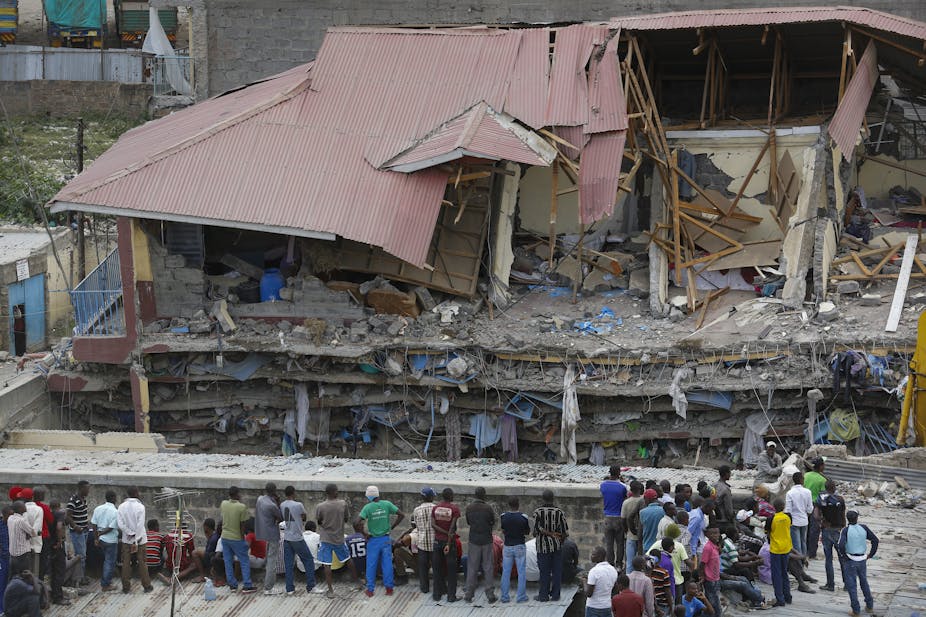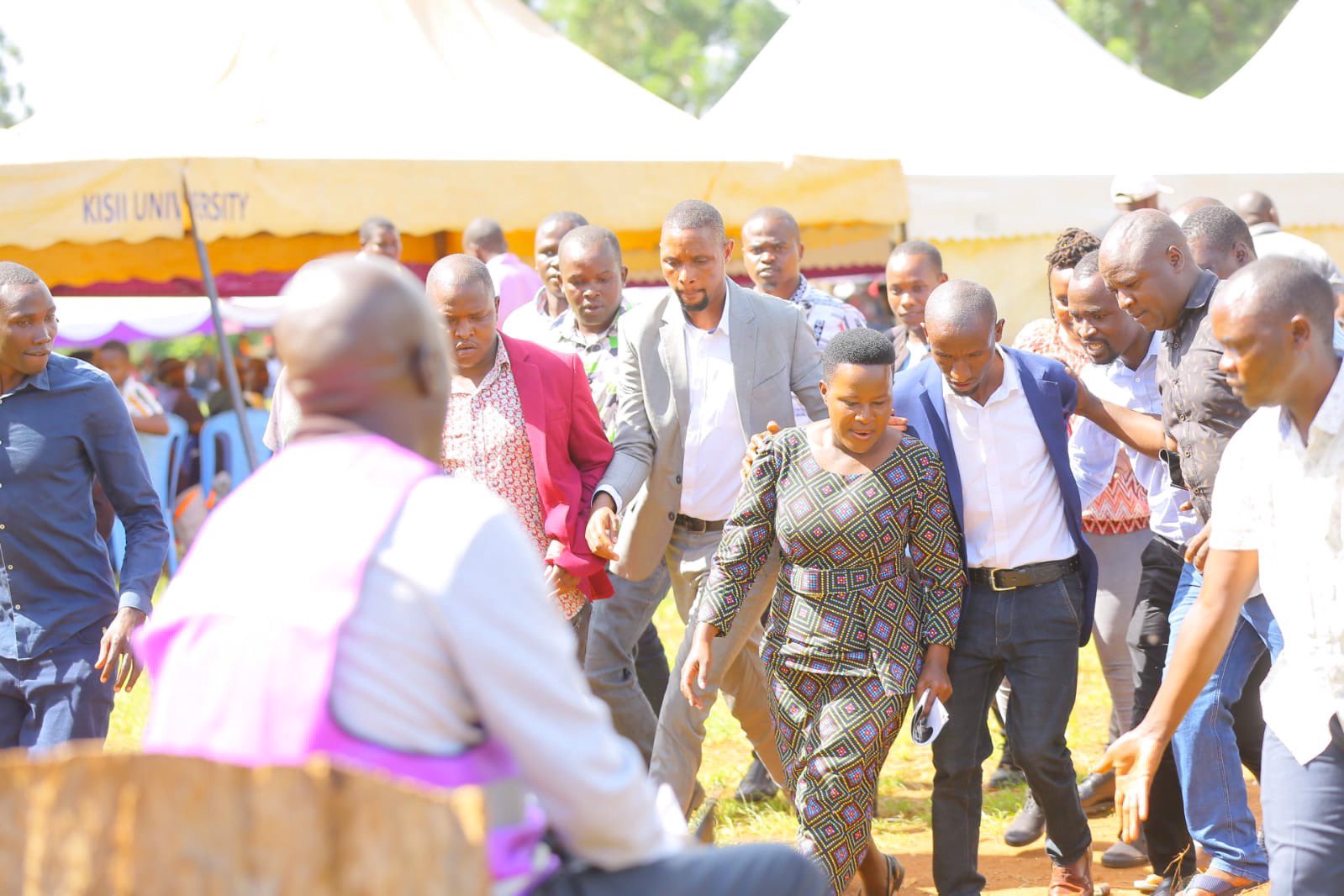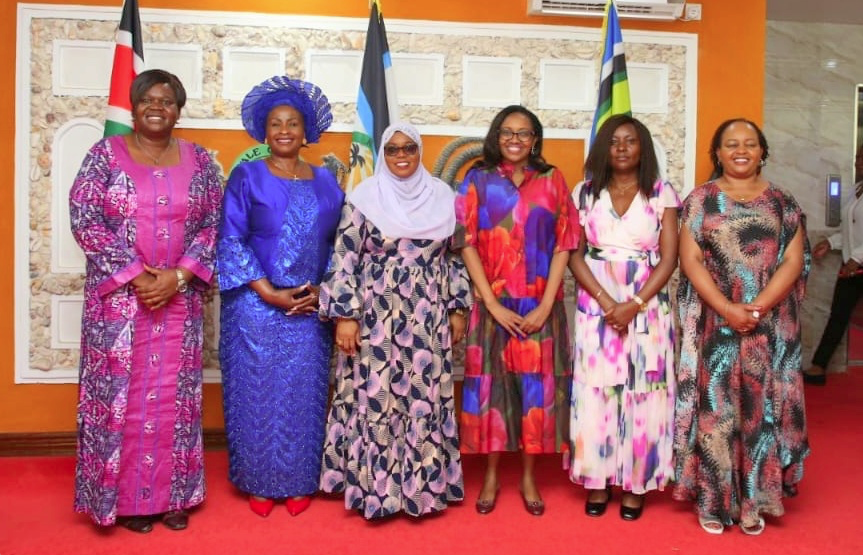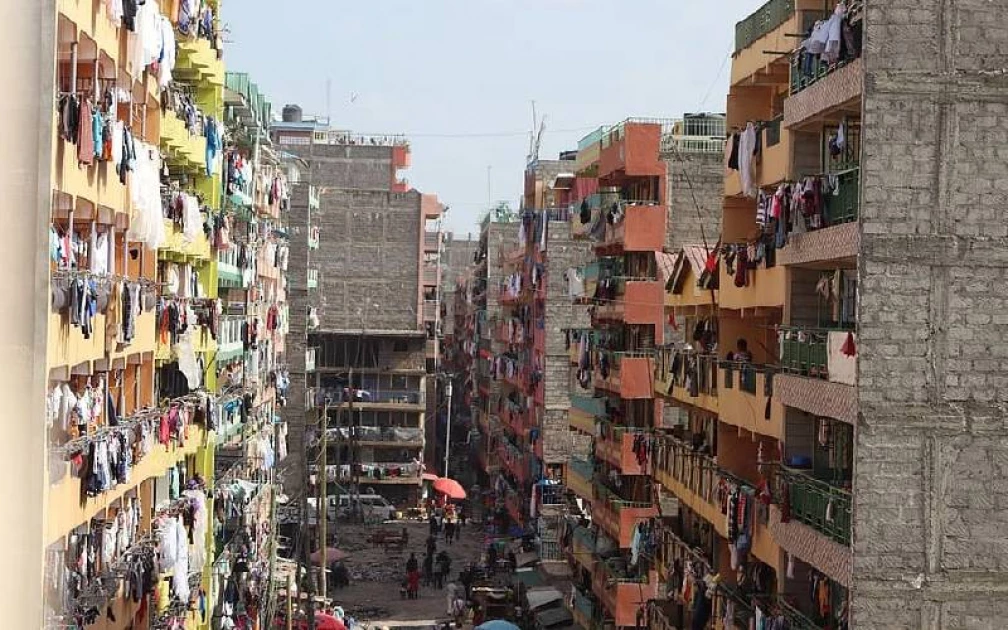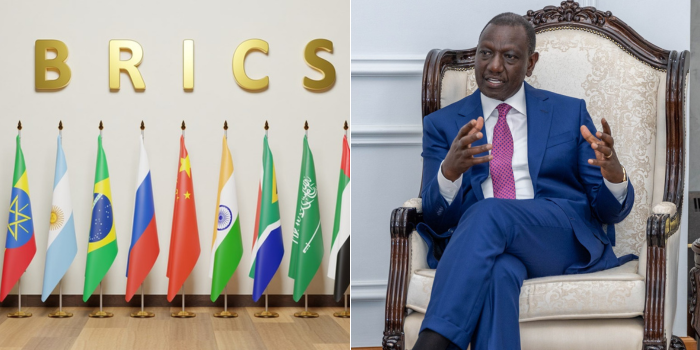Urban Versus Rural- How Geographic Location Influences Racial Discrimination
In an increasingly interconnected world, geographic location remains a critical factor in shaping individuals' experiences with racism. This article examines how urban and rural environments produce vastly different landscapes for racial discrimination, with urban areas often characterized by diversity yet plagued by systemic issues, while rural settings may exhibit overt racism influenced by historical and cultural contexts. The discussion will highlight personal narratives, statistical evidence, and the varying forms of racism encountered in both settings, thereby illuminating the nuanced ways that geographic location impacts the lived experiences of racial and ethnic minorities.

In a world increasingly shaped by mobility and interconnectedness, one might think that exposure to diversity could help mitigate the ugliness of racism. However, geographic location remains a vital determinant in the lived experiences of racial and ethnic minorities. The divide between urban and rural settings is stark, with each location presenting its own unique challenges and manifestations of discrimination. Understanding these differences is crucial, as they shape identities and influence the daily lives of countless individuals.
The Urban Experience- Diversity Amidst Systemic Struggles
Urban environments are often touted as melting pots, where people from various cultures and backgrounds converge. Imagine walking through the bustling streets of a city like New York or Los Angeles—each block rich with the aromas of diverse cuisines, the sounds of different languages, and the vibrant colors of varied fashion. At first glance, one might feel a sense of unity amid this diversity. Yet, beneath the surface lies the grim reality of systemic racism, which often exists within the framework of urban life.
For many racial minorities in cities, daily experiences can be a rollercoaster of hope and despair. Consider the narrative of Sarah, a Black woman navigating her way through the corporate corridors of a tech firm in San Francisco. While the city prides itself on its progressive reputation, she recounts moments when her ideas, despite being innovative, were overshadowed by her white colleagues. "It’s hard not to feel invisible," she shares, her voice trembling with both anger and resignation. "I work twice as hard to prove my worth, and yet, I often feel like I’m just background noise."
Moreover, systemic issues such as housing inequality, policing practices, and educational disparities contribute to a culture where racial minorities are treated as second-class citizens—often seen more as statistics than individuals. Reports frequently highlight how Black and Latino communities face higher rates of discrimination, both in employment and law enforcement interactions. The urban fabric is often frayed, with economic divide running parallel to racial divide, leaving many to feel trapped in a cycle of systemic oppression.
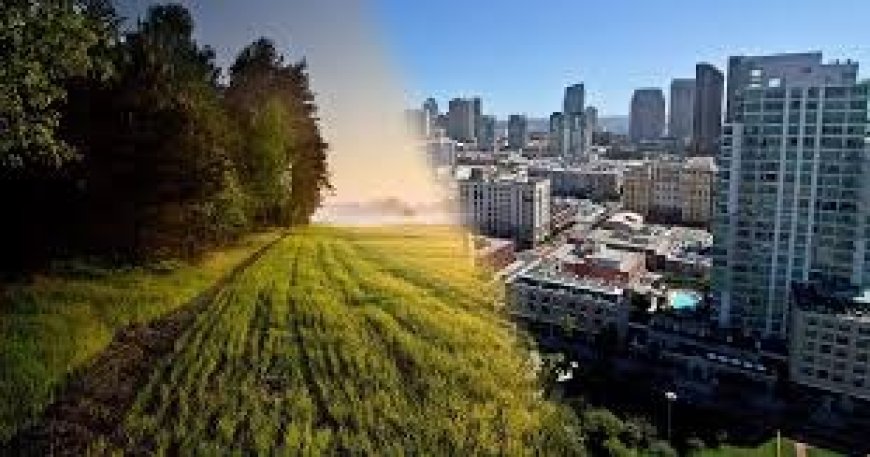
The Rural Experience- Overt Racism and Cultural Isolation
In stark contrast, rural areas typically showcase a homogenized demographic composition, where a lack of diversity can result in a different, often more overt form of racism. In these regions, where traditions run deep and cultural norms are rigidly upheld, racial discrimination can be less nuanced but just as painful. The animosity isn’t necessarily hidden; instead, it often appears in the form of blatant derogatory language, exclusionary practices, and an unsettling sense of entitlement among dominant groups.
Take the example of Marcus, a Hispanic man from a small town in the Midwest. Growing up, he struggled to find acceptance among peers who often made distasteful jokes and references that demeaned his heritage. “It felt like I was constantly walking on eggshells,” Marcus reflects. “When I would go to local events, I was rarely seen as part of the community. I was the ‘other,’ an outsider, despite being born and raised there. It was suffocating.”
Rural racism draws its power from fear and misunderstanding, fueled by a lack of exposure to different cultures. This lack of familiarity reinforces stereotypes, as many individuals rely on sensationalized portrayals of racial and ethnic groups perpetuated by media. Cultural isolation breeds the kind of ignorance that can lead to discrimination, where racial biases become entrenched and generational.
Personal Narratives-The Dualities of Experience
The emotional toll of navigating racism in urban and rural settings is harrowing. Both Sarah and Marcus's stories reflect the broader narrative of pain and resilience experienced by many. While they claim vastly different environments, they share a commonality in their battles against prejudice—a battle often fought silently, with scars etched deep within their psyche.
In urban areas, the crux of their fight lies in systemic barriers; in rural areas, it is the overt bigotry that isolates and marginalizes. These contrasting challenges showcase the multifaceted nature of racism, where the geographic location serves as both a backdrop and a battleground.
The Call for Understanding and Action
As society grapples with evolving notions of racism, it is vital to recognize the intricacies woven into the urban and rural experiences. Policy conversations and community engagements must be rooted in this understanding—acknowledging that a one-size-fits-all approach to combatting racism is inadequate.
Cities must address systemic racism through equitable policies, community empowerment, and educational initiatives, while rural areas need to foster cultural exchanges and dialogues to break down walls of ignorance.
In shedding light on the stark realities of racial discrimination based on geographic location, we pave the way for change. It is essential to dismantle the narratives that keep us divided, ensuring that Sarah's voice is heard in boardrooms and Marcus's experiences are validated in their hometown. By amplifying these stories, we cultivate empathy, understanding, and ultimately, a commitment to justice that transcends geographic boundaries.
Racism is a profound societal ill that thrives on division. Yet, through shared stories and collective action, we can rewrite the narrative and foster a world where every individual, regardless of where they are, can thrive without fear of discrimination or prejudice.
Conclusion
The battle against racism is far from over, and the paths defined by our geographies reveal how complex this journey truly is. As we confront urban issues of systemic discrimination and rural realities of cultural isolation, we must commit ourselves to understanding the intersections of race, place, and identity. Only then can we begin to forge a future where every person’s dignity is acknowledged and respected, irrespective of the city skyline or the open fields that shape their existence.
What's Your Reaction?







